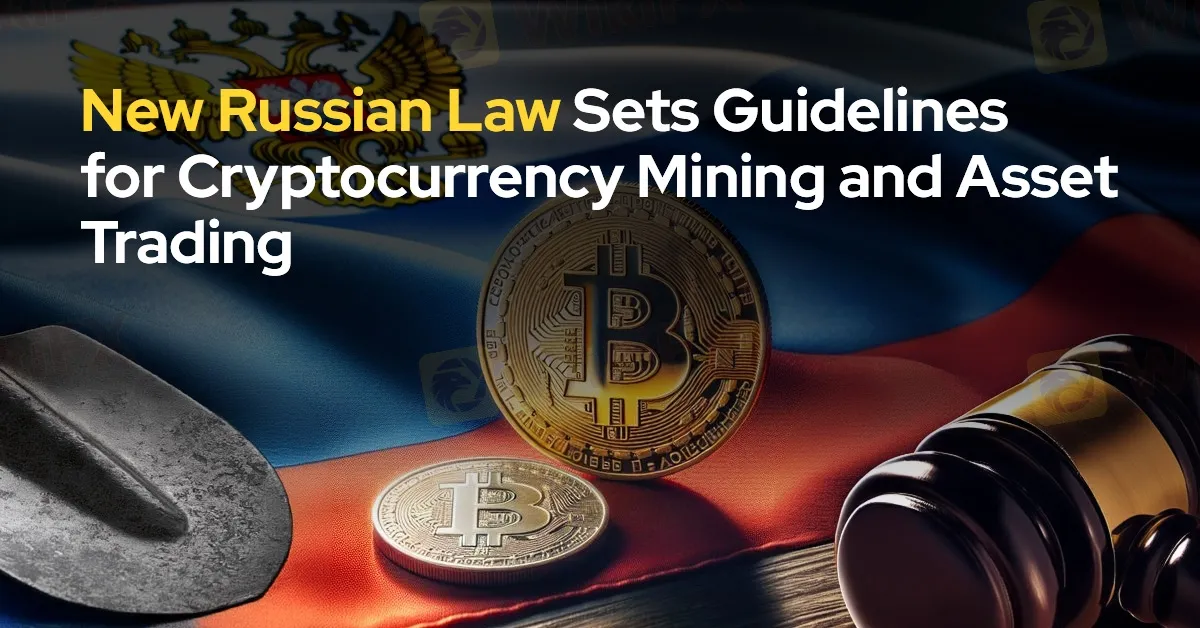Abstract:Russia has taken a significant step in its approach to digital assets by officially legalizing cryptocurrency mining. The new legislation, signed into law by President Vladimir Putin, establishes a detailed legal framework for regulating cryptocurrency mining and outlines the rights and responsibilities of those involved in the sector.

Russia has taken a significant step in its approach to digital assets by officially legalizing cryptocurrency mining. The new legislation, signed into law by President Vladimir Putin, establishes a detailed legal framework for regulating cryptocurrency mining and outlines the rights and responsibilities of those involved in the sector.
Published on Russias official legal information portal, this new law brings clarity to the previously unregulated realm of cryptocurrency mining. By officially recognizing mining as a legitimate economic activity, the Russian government integrates it into the broader economic framework, rather than treating it merely as a tool for issuing digital currency.

The legislation stipulates that only Russian legal entities and registered individual entrepreneurs can legally engage in cryptocurrency mining. However, individual miners can operate without registration as long as their energy consumption remains within government-set limits. This provision allows smaller-scale miners to continue their activities with fewer formalities, while larger operations will face more stringent regulations.
In addition to legalizing mining, the law permits the trading of foreign digital financial assets on Russian blockchain platforms. Nonetheless, the Bank of Russia retains the authority to ban certain assets if they are considered a threat to the countrys financial stability. This cautious approach reflects the government's attempt to balance fostering innovation with safeguarding the financial system.
The legislation also imposes strict rules on cryptocurrency advertising and promotion. It bans the offering of digital assets to an unrestricted audience, aiming to curb the widespread promotion of potentially risky investments.
Furthermore, the law provides for the possibility of banning cryptocurrency mining in certain regions or territories, giving the government the flexibility to regulate the industry according to local conditions.
President Putin has underscored the significance of regulating cryptocurrencies and digital assets as a key area for economic growth. In a recent government meeting, he emphasized the need for Russia to capitalize on this opportunity and create a strong legal framework to support the development of digital assets both domestically and in international trade.











